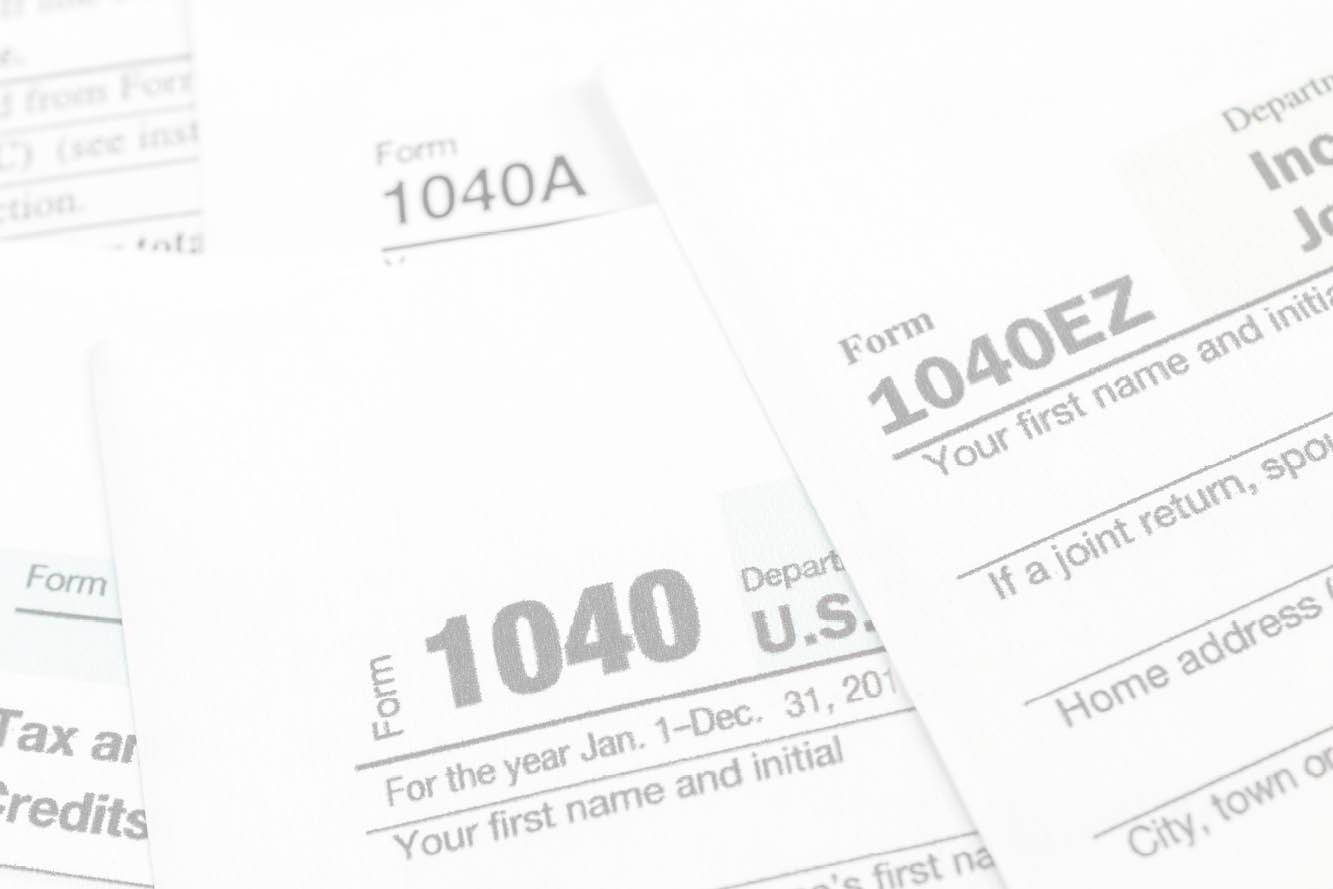
Tax Deductions You May Not Be Aware Of
February 2021
Where Do You Want To Go?
February 2021by Stefanie Powers
There are new tax laws on the State and Federal level that you need to be aware of as you begin to prepare your 2020 income taxes. Jonald Walker of J. Walker and Company provided some of the latest laws to consider.
NEW STATE LAWS
Personal Income Tax
L. 2020, S52 (2nd Extra. Sess.) (Act 56), became effective November 5, 2020 and provides credits for certain property taxes paid for the 2020 tax year. If you make this election on your 2020 taxes, you cannot also claim these taxes as having been paid in 2021 to claim this credit for the 2021 tax year.
Credit Authorized for Restaurants and Bars Affected by COVID-19.
L. 2020, S72 (2nd Extra. Sess.) (Act 60) covers income taxable periods beginning on January 1 through December 31, 2020 and provides a one-time refundable credit for restaurants and bars affected by COVID-19. The amount of the credit will equal the amount of the annual state license or permit fee, attributable to any calendar month, or fraction thereof, during 2020 that the permit holder was required to temporarily close operations due to the statewide COVID-19 public health emergency.
Unemployment Insurance: Taxes and Benefits for Calendar Year 2021.
L. 2020, S55 (2nd Extra. Sess.) (Act 40), effective October 28, 2020, provides for an unemployment insurance procedure to be applied for calendar year 2021, for the maximum dollar amount of wages, maximum weekly benefit amount, with any applicable discounts, and the formula for computation of benefits.
Deduction for Certain Education Expenses Incurred during COVID
L. 2020, H20 (2nd Extra. Sess.) (Act 13) allows a deduction for the sum of amounts paid from March 13- December 31, 2020, during the COVID-19 pandemic for expenses for educational coaching services for an in-person facilitator of virtual education delivered by a public or approved nonpublic elementary or secondary school. The deduction will be equal to the actual amount of eligible educational coaching services paid by the taxpayer per eligible child, or $5,000 per eligible child, whichever is less. The amount of the deduction must not exceed the total taxable income of the individual.
Federal Income Tax Liability Includes Certain Federal Net Disaster Losses.
L. 2020, H89 (2nd Extra. Sess.) (Act 26) For taxable periods beginning after December 31, 2018, and before January 1, 2021, federal income tax liability will be increased by the amount by which an individual’s federal income tax due for the taxable period was decreased as a result of claiming the federal itemized deduction for certain net disaster losses attributable to Hurricane Laura or Hurricane Delta.
Individuals and households affected by Hurricane Delta that reside or have a business in Louisiana have until February 16, 2021, to file various individual and business tax returns and make tax payments.
Casualty Losses
Affected taxpayers in a federally declared disaster area have the option of claiming disaster-related casualty losses on their federal income tax return for either the year in which the event occurred, or the prior year.
Individuals may deduct personal property losses that are not covered by insurance or other reimbursements. Taxpayers in localities added later to the disaster area will automatically receive the same filing and payment relief.
FEDERAL LAWS UPDATE
Consolidated Appropriations Act 2021 (CAA 2021)
The COVID-Related Tax Relief Act of 2020 (COVIDTRA) and the Taxpayer Certainty and Disaster Tax Relief Act of 2020 (TCDTR), both part of The Consolidated Appropriations Act, 2021 (CAA, 2021), contains numerous provisions related to individual income tax.
Coronavirus Aid, Relief and Economic Security Act
On March 27, the President signed into law the Coronavirus Aid, Relief and Economic Security Act, commonly known as the CARES Act, which provided immediate and substantial relief to employees and employers with specific benefits aimed at small businesses. The CARES Act allows for some significant business benefits including special SBA loans and grants and special payroll tax credits and deposit delays.
Charitable Contributions Deductible by Non-Itemizers
The original CARES Act added the $300 per return; the CAA 2021 extends the rule through 2021 and allows $600 for married filers. Extends the above rule through 2021, allowing individual cash contributions of up to $300, ($600 for married filers) to be deducted above the line for cash contributions to qualified charitable organizations. An increased penalty of 50 percent applies to tax underpayments attributable to any overstated cash contribution by non-itemizers. Individuals who itemize cannot claim the deduction.
Families First Coronavirus Act
The Families First Coronavirus Response Act (FFCRA) was signed on March 18, 2020. The FFCRA requires employers to provide paid leave through: (1) the Emergency Paid Sick Leave Act (EPSLA), which entitles workers to up to 80 hours of paid sick time when they are unable to work for certain reasons related to COVID-19, and (2) the Emergency Family and Medical Leave Expansion Act (Expanded FMLA), which entitles workers to certain paid family and medical leave.
The FFCRA provides that employers subject to the EPSLA and the Expanded FMLA paid leave requirements are entitled to fully refundable tax credits to cover the cost of the leave required to be paid for these periods of time during which employees are unable to work. Certain self-employed persons in similar circumstances are entitled to similar credits. These provisions apply April 1, 2020, through December 31, 2020.
The Taxpayer Certainty and Disaster Tax Relief Act of 2019 (The “Disaster Act”)
This Act extends over 30 Code provisions, generally through 2025. Also in this section are items from The Taxpayer Certainty and Disaster Tax Relief Act of 2020 (TCDTR), which is part of the Consolidated Appropriations Act of 2021 (CAA, 2021) and contains numerous extenders of earlier extenders.






